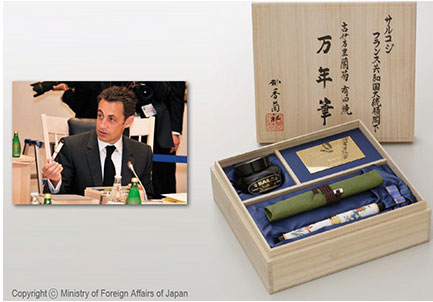In 1911 Mr. Sakata and his brother founded the “Sakata-Manufactory” to produce solid gold nibs.
In 1917 the factory relocated to the next town Hamadacho and the Company changed the name to “Sailor Pen Sakata-Manufactory Co., Ltd.” The Company started manufacturing fountain pens here in volumes.
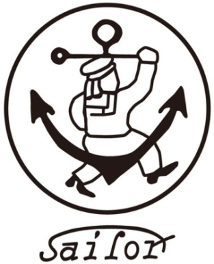
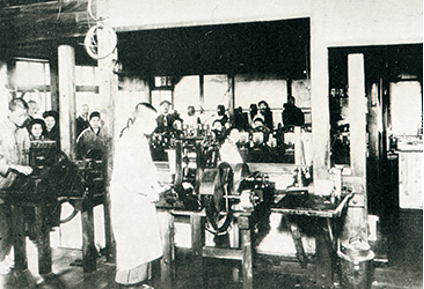
The Company reached a turning point on 27th May 1926 when Imperial Prince Hirohito (Prince Regent, later Emperor Showa) visited the factory to encourage the industry. This was a great honour for a small company with 300 employees established only 15 years previously.
Taking this opportunity, The Sailor Pen Company gained significant credibility and recognition nationwide.
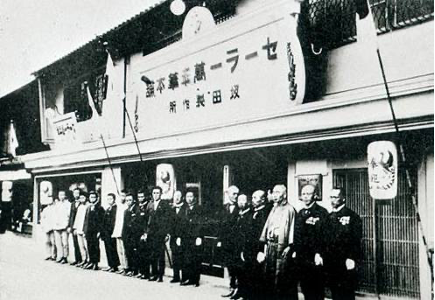
Starting in 1929, fountain pens with gold nibs became very popular and the Company continuously developed unique innovative products for the Japanese Stationery industry.
Shortly after the Second World War and after two years setting up the project, Mr. Kyugoro Sakata launched the first Japanese produced ballpoint pens in 1948. The ballpoint pen became a trend in Japan.

In 1949 Sailor invented the plastic injection machine and started mass producing Japan’s first fountain pens using plastic. At that time, the materials of caps and barrels were all made of ebonite or celluloid.
This was another milestone event in the Japanese stationery industry.

In 1950s, many pen manufacturers tried to develop automatic suction type ink cartridges.
In 1954 the Sailor Pen Company invented Japan’s first ink cartridges for the fountain pen and introduced them in 1958.
This was a great boost for the Company which built up a strong position within the Japanese stationery industry.
Incidentally, “Cartridge“ was coined by the Sailor Pen Company.
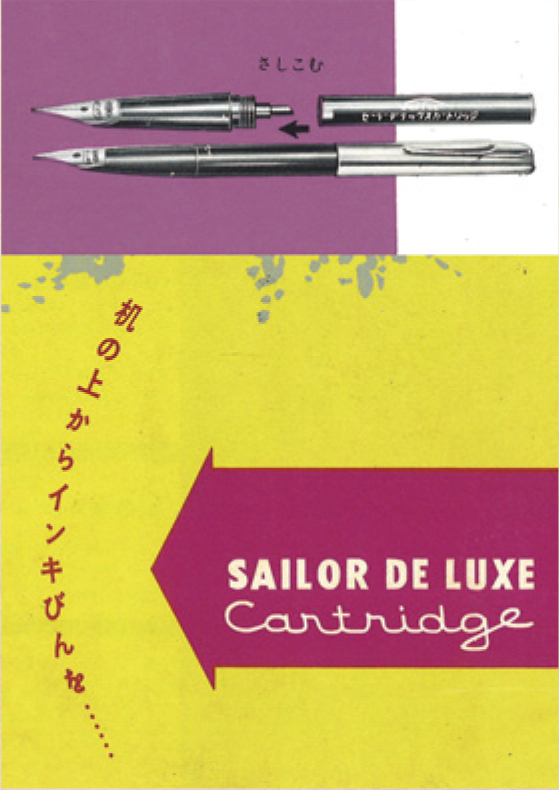
In 1963 the Company introduced a mini-type portable fountain pen that could be clipped to the chest pocket. This fountain pen became the latest fashion item at that time.
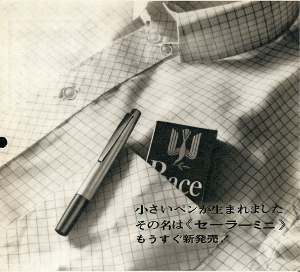
In 1969 the world’s first fountain pens with 21 gold nibs were developed by the Sailor Pen Company. The features of smoothness and elasticity were well-received and more than one million units were sold.
In 1972 the Fude Pen (Brush Pen) went on sale by the Sailor Pen Company for the first time in the world. The Company applied the traditional Japanese calligraphy pen, to the daily use writing instrument.

In 1973 one of Sailor’s popular fountain pens (# 11-506) won the first prize out of 20 pens at the quality competition led by Japan Consumers’ Association.
This was widely covered by newspapers and the brand benefitted greatly.
In the late 70’s the trend of fountain pens had started declining.
In order to overcome this situation the Sailor Pen Company introduced “Candy“ series for the younger generations in 1976. This was a big hit worldwide and the Company sold more than four million units during four years.
“Chalana“ the slimmest fountain pen in the world was also sold in large volumes around the world at the same time.
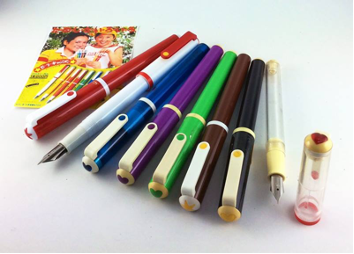
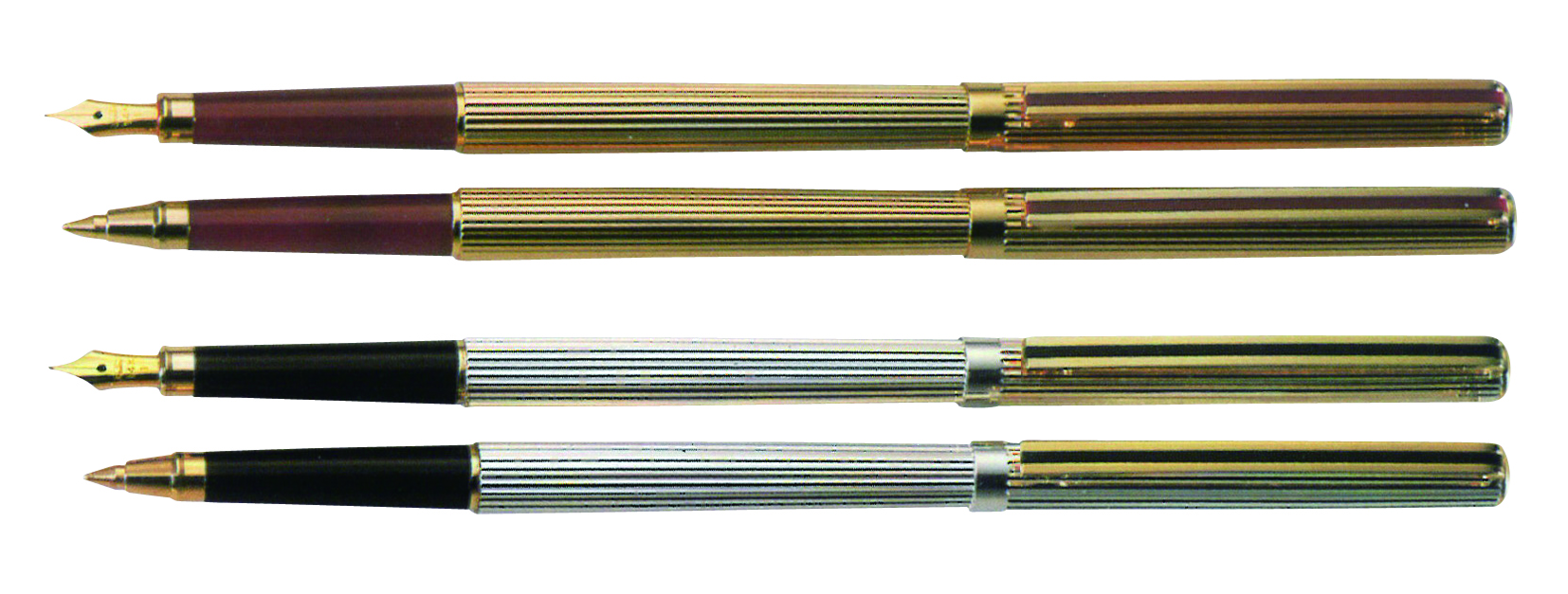
In 1981 the famous 1911/Profit was created using the accumulated technology and “know how“ of the previous 70 years to satisfy customers‘ growing requirements for genuine quality. With the metal-tempering technology, the pen nib had delicate flexibility providing smooth writing performance. The 1911/Profit pen body had a great balance with the nib, and perfectly fitted hand.

In 2008 the Japanese Prime Minister presented a Koransha-made Arita-yaki fountain pen to the leader of each country as a commemorative gift at the G8 Summit ,held at Lake Toya in Japan.
The concept of Arita-yaki fountain pens is a “cultural fusion“ of the Western-style technology―fountain pens and the Eastern-style―Arita porcelain. It took two years to develop and produce Arita-yaki fountain pens.
